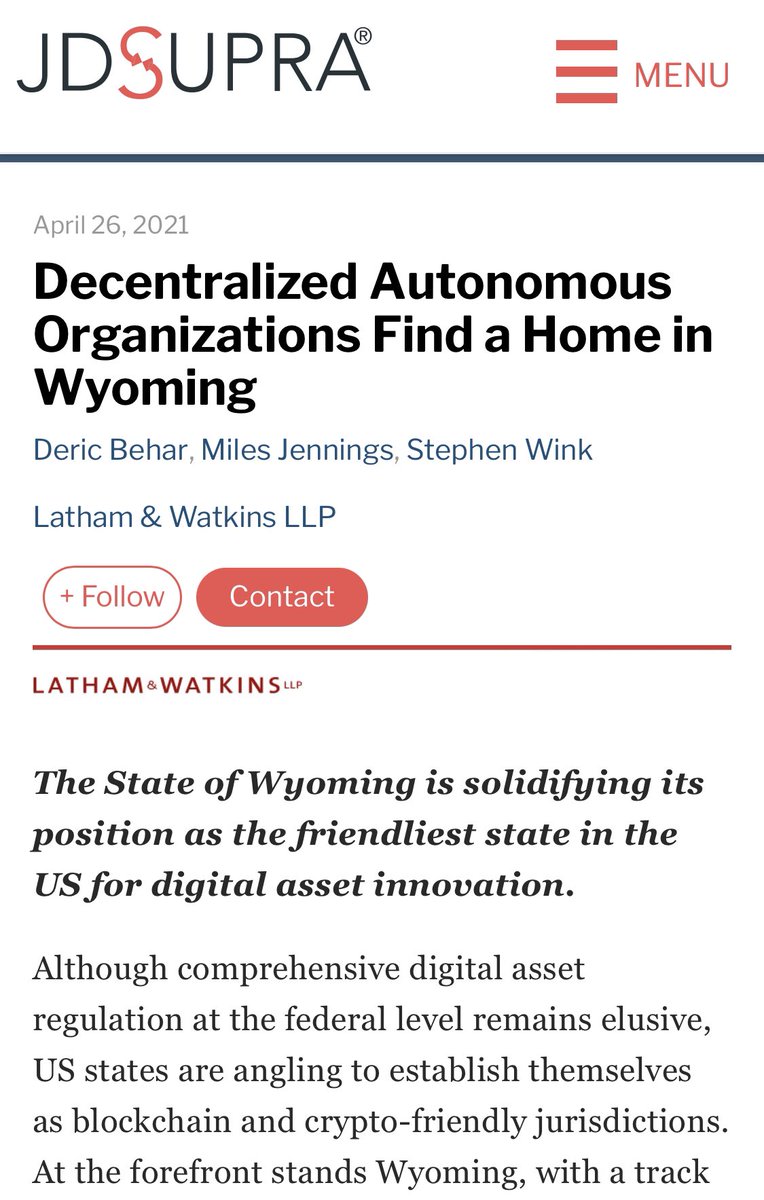
Amazing.
If I’m reading this right, all economic agents that are technologically capable of receiving BTC as payment *must* accept it as payment — though instant conversion to USD is made available to anyone who doesn’t want to take price risk.
A mandate for Bitcoin!
If I’m reading this right, all economic agents that are technologically capable of receiving BTC as payment *must* accept it as payment — though instant conversion to USD is made available to anyone who doesn’t want to take price risk.
A mandate for Bitcoin!
https://twitter.com/nayibbukele/status/1402446890466217985
See my earlier post on “sovereign apps”.
The state of El Salvador has just mandated that all merchants in a country of 6.4M people accept BTC (with instant conversion for those who don’t want price risk).
This is a legal flippening. From “banning” Bitcoin to mandating it.
The state of El Salvador has just mandated that all merchants in a country of 6.4M people accept BTC (with instant conversion for those who don’t want price risk).
This is a legal flippening. From “banning” Bitcoin to mandating it.
https://twitter.com/balajis/status/1347974272594059265
How does this interact with the ethics of voluntarism?
So long as vendors can opt out by instantly liquidating, they still have free choice. The onus on them boils down to installing an app to receive BTC.
The move shifts El Salvador’s defaults to robustify against inflation.
So long as vendors can opt out by instantly liquidating, they still have free choice. The onus on them boils down to installing an app to receive BTC.
The move shifts El Salvador’s defaults to robustify against inflation.
I have to think more about the “mandatory crypto” world.
I think that flippening will also come to accounting and finance this decade, as on-chain cap tables and exchanges are simply better than their off-chain counterparts. See: balajis.com/why-india-shou…
I think that flippening will also come to accounting and finance this decade, as on-chain cap tables and exchanges are simply better than their off-chain counterparts. See: balajis.com/why-india-shou…
• • •
Missing some Tweet in this thread? You can try to
force a refresh








